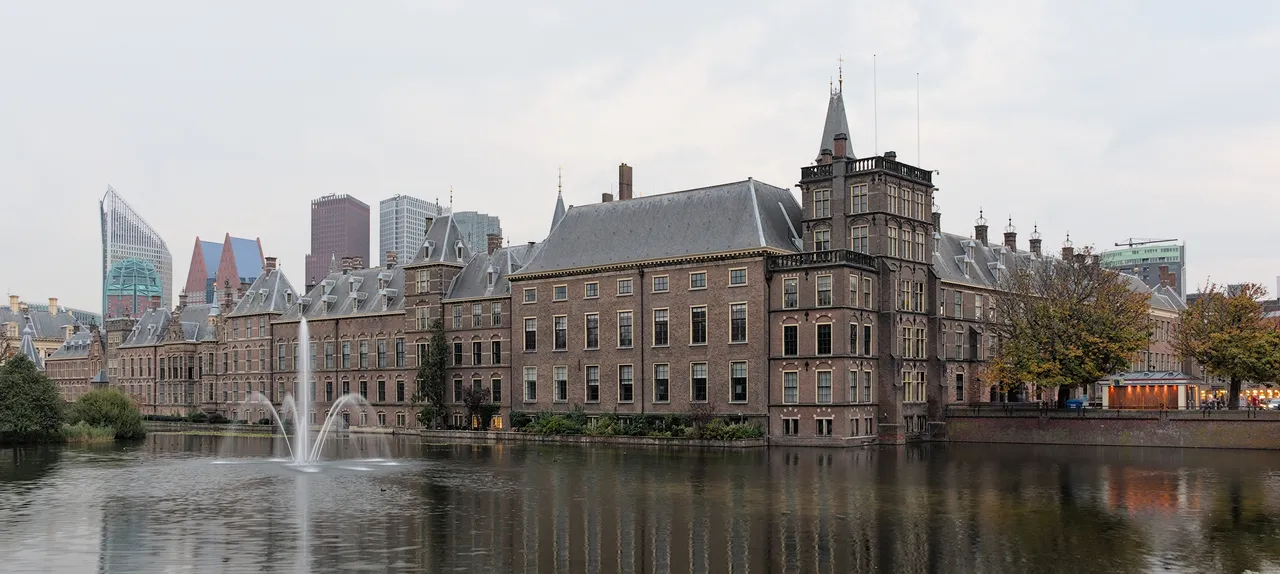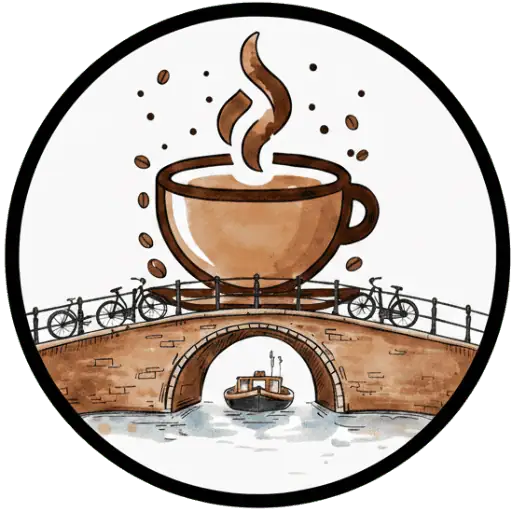The Hague enjoys a rich coffee tradition dating back to 1664, from seventeenth-century salons to modern espresso bars. Iconic venues, sustainable initiatives and rising demand for single-origin beans show how tradition and innovation blend here in harmony. The city breathes coffee at every moment of the day.

Roasters in The Hague
No roasters have been found yet.
Districts in The Hague

Segbroek
Segbroek draait om buurtcafés en routine. De koffiemap clustert langs Weimarstraat en Fahrenheitstraat, met specialty bars, werkvriendelijke tafels doordeweeks, brunch en no-laptopmomenten in het weekend, en nadruk op korte ketens en lokale bonen.

City Centre
Centrum Den Haag kent een rijke koffiecultuur met historische cafés en moderne specialtybars. Hotspots rond Noordeinde, Prinsestraat en Zeeheldenkwartier bieden espresso, filter, werkplekken en community rides met workshops.

Leidschenveen-Ypenburg
Leidschenveen-Ypenburg kent een pendelgedreven koffiecultuur rond Station Ypenburg, winkelcentra en wijkcentra. Families en forenzen kiezen snelle espresso, kindvriendelijke plekken en duurzame opties zoals plantaardige melk en koffiedikrecycling.

Laak
Laak koppelt werkerkoffie aan een compacte specialty-rand langs de kades van Binckhorst. Historische adressen en nieuwe microbranders bieden vroege bakkies, workshops en terrassen rond Fokkerhaven en BINK36.

Escamp
Escamp kent een nuchtere, sociale koffiescene, met buurtcafés rond Leyweg en parkplekken in het Zuiderpark. Avondmomenten ontstaan bij cultuurpodia; gezinnen en senioren bepalen het dagritme per wijk.

Haagse Hout
Haagse Hout drinkt koffie in de buurt: Theresiastraat en Van Hoytemastraat vormen de ruggengraat, met specialty zaken, zitcomfort in Benoordenhout en snelle grab-and-go rond Bezuidenhout West, plus duurzame initiatieven en lokale evenementen.

Loosduinen
Loosduinen combineert een zittende dorpskern met een snelle kustzone. Afstemming op twee ritmes, met taart en zitservice in de kern en to-go en melkdranken bij Kijkduin, vergroot relevantie en rendement.

Scheveningen
Scheveningen kent een compacte, seizoensgevoelige specialtyscene rond Keizerstraat, Badhuisstraat, haven en strand. Namen als The Shore, Tigershark, Papan, De Zelfspot en Chiva koppelen kwaliteit aan community en zichtbare duurzaamheid.
More about The Hague
Introduction
Historical roots of coffee in The Hague
Iconic coffee spots of today
- Koffiebranderij BOON roasts on-site and lets guests choose their own bean for a personalized filter or espresso.
- Single Estate Coffee Roasters in the Zeeheldenkwartier serves traceable single‑origin coffees; barista champions showcase their skills there.
- Capriole Café on the Fokkerkade is housed in an old paint factory, and in 2018 it won the title 'Most Beautiful Coffee Bar'.
- Hop & Stork in the Passage combines latte art with artisanal chocolate and treats guests to a complimentary bonbon.
Trends in consumption and taste
Sustainability in The Hague’s coffee chain
- Start‑up Ge‑zwam collects used coffee grounds with an electric van and cultivates oyster mushrooms on them.
- More and more businesses use a deposit system for reusable cups such as WeCup.
– Hotels recycle coffee grounds into soap and scrubs, turning waste into value.
